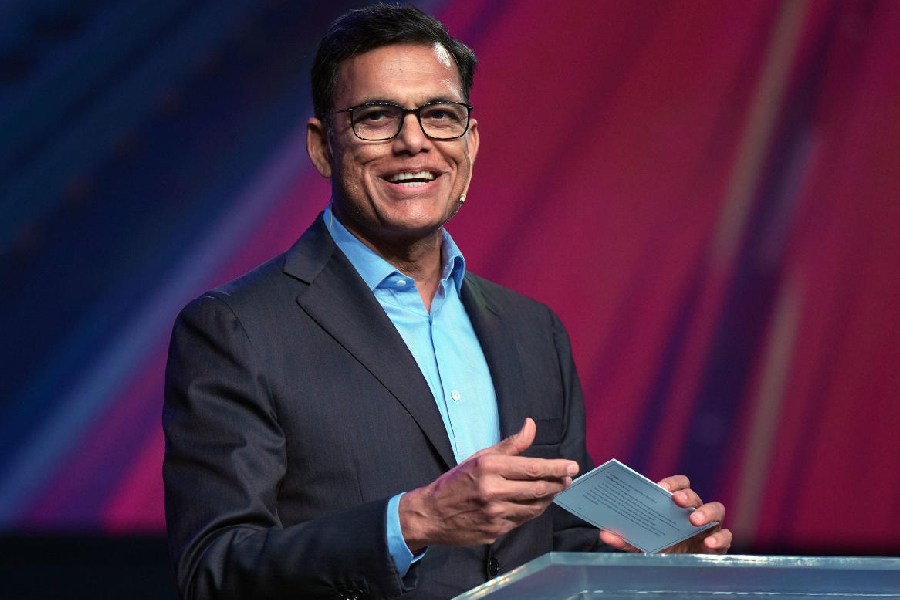Indian industry seems to be deeply riven by a growing clamour for protectionist barriers against a tide of imports from countries like China that has smothered domestic manufacturing companies.
It is a stark choice: should we continue to embrace the principles of free trade or start erecting trade barriers?
It depends on whom you lob this question to.
Uday Kotak, the billionaire banker and founder of one of India’s most successful private banks, firmly believes the country must embrace free and fair trade and eschew protectionist tendencies.
But Sajjan Jindal, promoter of the $24 billion JSW Group which has interests in steel, energy, cement, automotive and infrastructure sectors, India desperately need to build a protectionist moat until it can emerge as a factory hub for the world that can compete against China.
“You cannot remain protected forever. We are the fifth largest economy. We see ourselves as the third largest economy. Why are we so scared,” Kotak asked at an event organised by CNBC TV18. He argued that protection for domestic producers is a “very dangerous thing for competitiveness in the long term”.
“I would love to see Indian businesses turn competitive under a free and fair trade system…India needs to up its game as far as competitiveness is concerned. We can no longer be protectionist on trade. We need to be far more liberal,” the banker said.
When asked to respond, Sajjan Jindal, chairman of JSW Group, smiled and said: “Uday is not in manufacturing. I wish he was in manufacturing, then he wouldn’t say this.”
Jindal pointed towards the US which attained developed nation status decades ago but still intends to raise tariffs to keep out cheaper Chinese goods. The European Union is considering a similar response to the Chinese onslaught that has already started to overwhelm some of the biggest companies in the world.
“Even 100-150 years after establishing themselves as an industrial giant, the US is flirting with the idea of raising tariff walls. The EU is raising tariffs. But we are still talking about opening up (the economy). If we do that, we will kill our manufacturing sector. We are not a great manufacturing country in any case,” he argued.
JSW Steel, India’s largest steelmaker, and its peers are lobbying the government to impose tariff on steel imports, especially from China, to protect domestic industry
He saw nothing wrong in that, citing his experience in the late 1990s when he could not export steel to China because it had significant tariffs. “Today, they are open because they have become the factory of the world.” He argued India is in the ‘pre-teens’ as far as manufacturing is concerned.
“We haven’t yet become the factory of the world. Let us become the factory of the world and after that we can open up our doors,” Jindal said.
He praised US President-elect Donald Trump’s “clarity of thought” while framing his ‘America first’ policy, adding that the Modi government now needs to take a similar stand.
“The government must have a very clear view of what they want. Do they want heavy industries to come up in this country or do they want to rely on the Chinese steel industry to build the ecosystem here, the SMEs and MSMEs,” he asked.
Last week, T.V. Narendran, managing director and CEO of Tata Steel, warned that low domestic steel prices due to heavy imports may force the Indian players to slow down the pace of investments.
Echoing his view, Jindal said, “The steel industry needs huge investment. But if we don’t make money, we can’t invest.”










